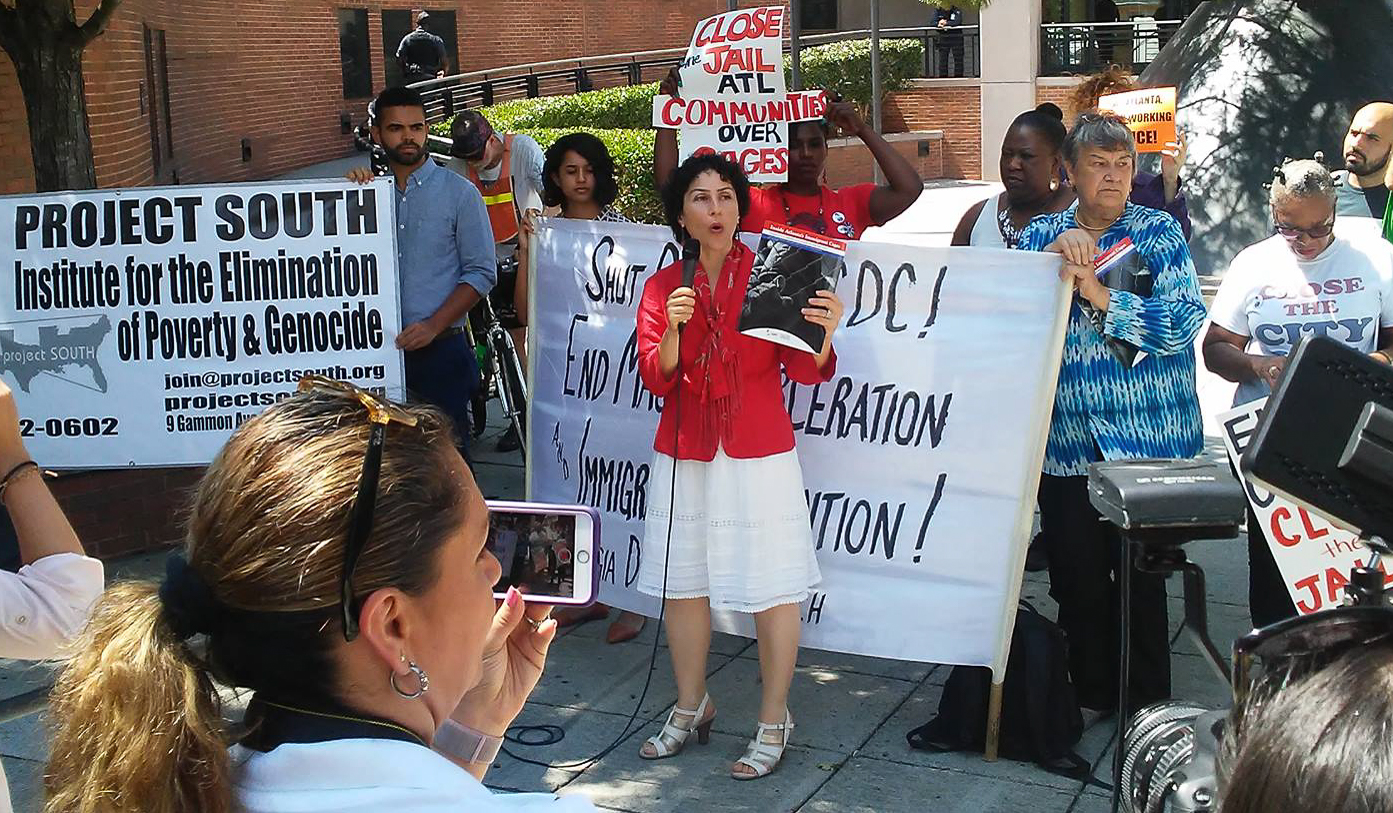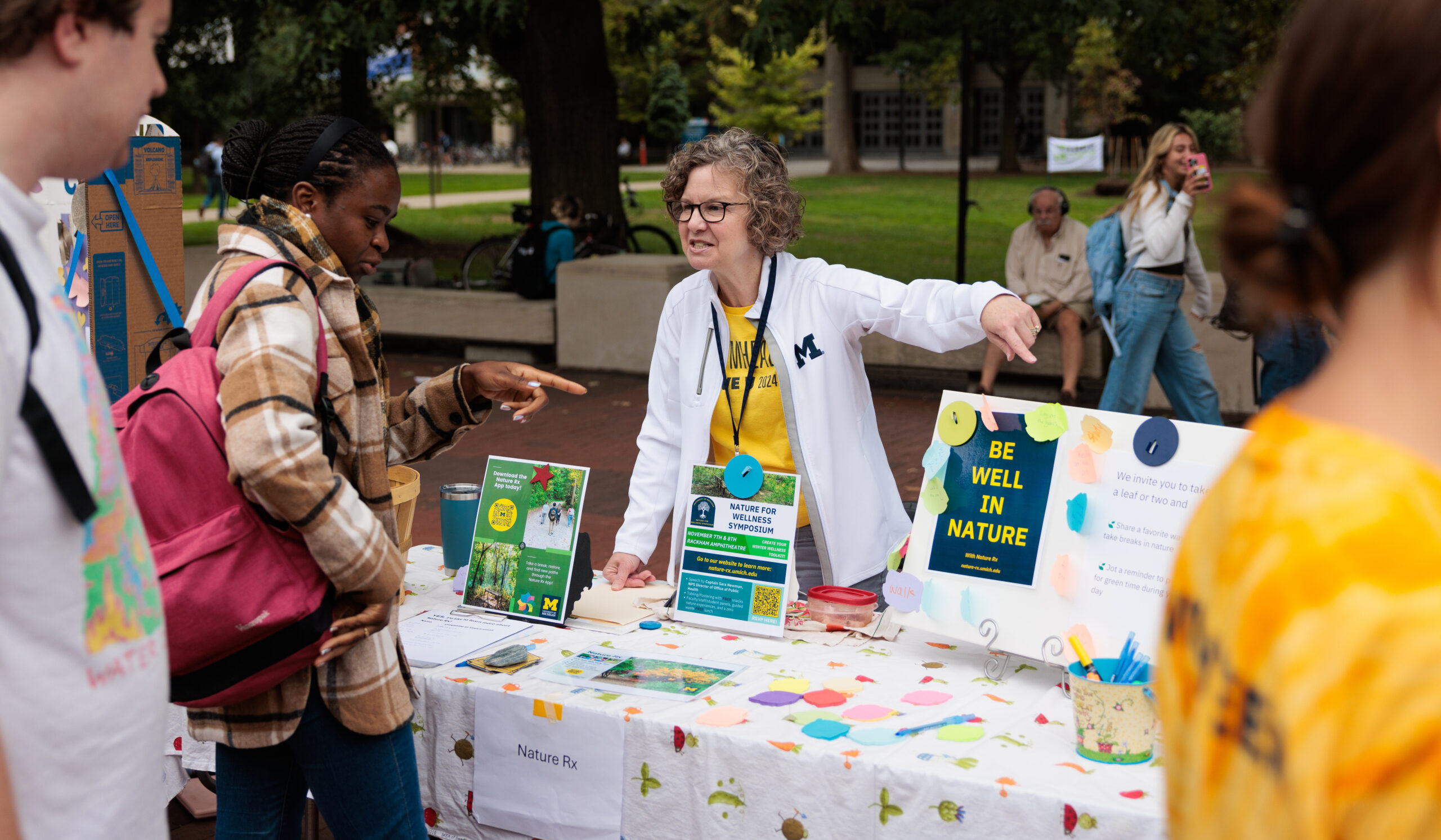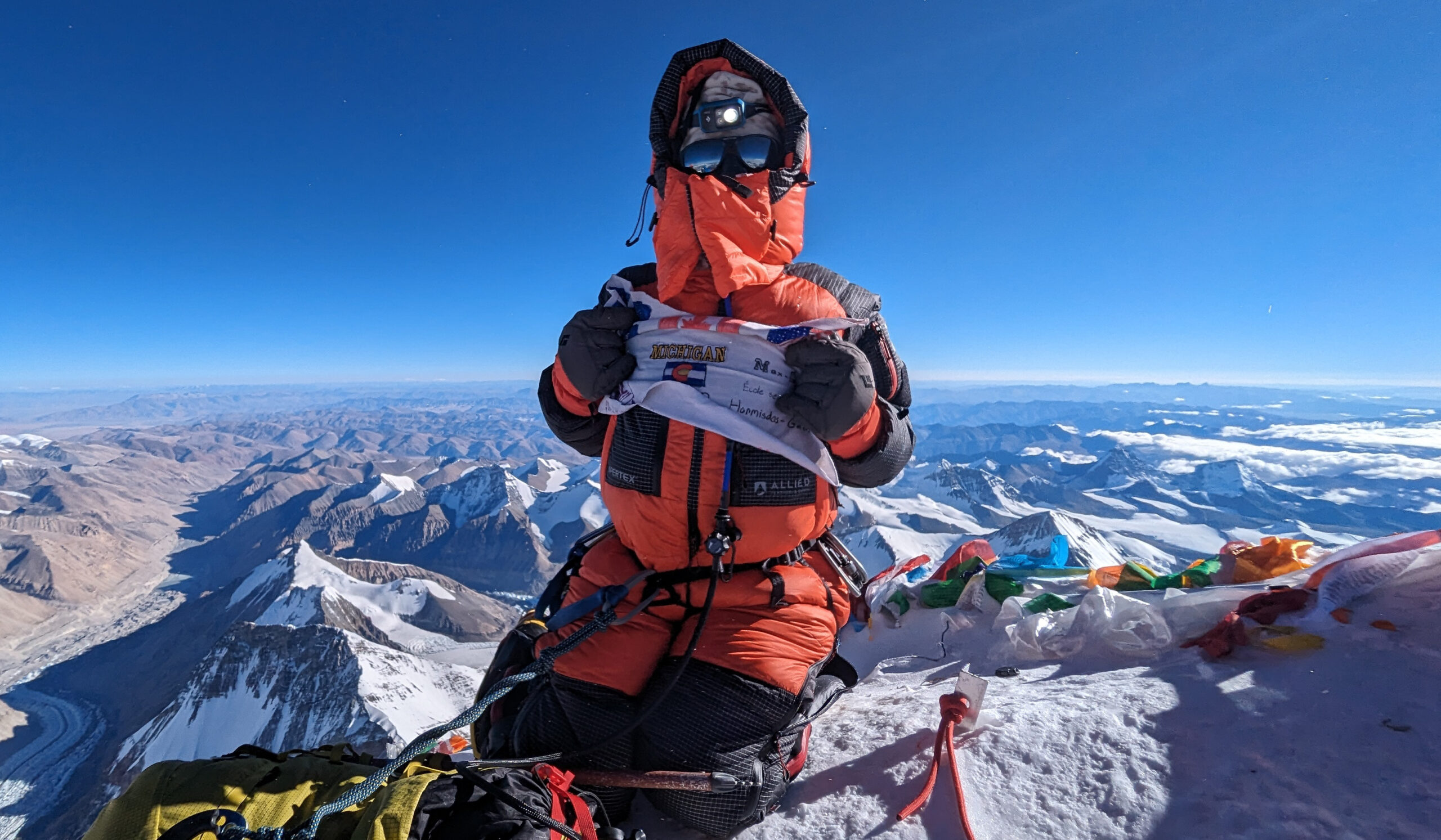Azadeh Shahshahani, ’01, MA’04, JD’04, had just begun law school when Muslim and Iranian community members were facing discrimination and questioning by the FBI after the Sept.11 terrorist attacks.
With a focus and passion for human rights work, Shahshahani realized she was one of the only individuals they knew who might be able to help.
So Shahshahani got to work.
After graduating and moving to North Carolina, she approached the American Civil Liberties Union of North Carolina with the idea for a project to help support Muslim communities through “Know and Defend Your Rights” workshops held in mosques and community centers around the state. She also helped assemble a network of attorneys to help defend people whose rights were being violated and worked on multiple cases in support of Muslim Americans in North Carolina.
Having immigrated to the U.S. from Tehran, Iran at 15, Shahshahani felt that her “immigration experience was more privileged compared to others” as she had the support of her family and access to education. Though she was originally enrolled in the now-retired Inteflex integrated premedical/medical school program at U-M, an undergraduate degree in Near Eastern Studies, a minor in history, and the support of her mentor, Professor Kathryn Babayan, changed her path from a future in medicine to one in law.
“Being an immigrant really impacted what I decided to do later in life,” Shahshahani says.
Shahshahani felt motivated to help immigrant communities by ensuring that those who come to this country seeking refuge are treated with dignity and respect for their human rights.
“I can see how challenging it must be for undocumented migrants, especially young people, who have to make the journey alone without any support. After getting involved with migrant communities in the South, I realized the importance of having a support system and became outraged by the human rights violations that I witnessed,” she says.
Today, Shahshahani is the legal and advocacy director at Project South, a nonprofit organization committed to nurturing potent social movements in the southern region of the US.
“The work of Project South is movement building, and it’s rooted in the history of the Southern Freedom Movement,” Shahshahani explains.
Shahshahani has devoted her efforts to protecting and advocating for the rights of immigrants and communities of Muslim, Middle Eastern, and South Asian descent in the South. The legal and advocacy work of Project South includes training lawyers in movement lawyering, fighting anti-immigrant and Islamophobic state legislation, and ending local police entanglement with immigration enforcement, amongst other project and focus areas.
“We have recently concluded the Georgia legislative session, during which we had to fight against several anti-immigrant bills and measures that threatened people’s freedom of speech,” Shahshahani says. Project South has also helped shut down immigration detention centers in Georgia and exposed medical abuse against detained migrant women.
“When a friend was detained by ICE just months after Trump was inaugurated, I reached out to Azadeh for help and she was instrumental in getting us the resources he needed in order to prevent his deportation. This was obviously life-changing for my friend,” says Lily Young, ‘00, MD’05, Shahshahani’s former classmate.
Shahshahani says U-M’s rich curriculum and her engagement in a variety of student organizations prepared her to do the work she does today in fighting xenophobia. She stays connected to U-M and continues to mentor and assist students, especially if they’re interested in law. Her organization offers both externship and internship programs, in-person and remotely.
“Being able to learn from and work alongside Azadeh shaped what I thought, and continue to think, was possible with my law degree,” says Tina Al-khersan, ’17, JD’22, a former Project South intern. “Interning with Project South was my first professional experience in law school, and having Azadeh as my supervisor affirmed the fact that I could use my law degree to push for transformative change and justice. I am consistently inspired by the ways in which she uses her legal skill set to analyze and dismantle oppressive systems and to advocate for justice.”
When she’s not in the community, Shahshahani is writing. She has authored and edited multiple reports on human rights, and most recently published “From the Chinese Exclusion Act to the Muslim Ban: An Immigration System Built on Systemic Racism” with in Al-khersan in the Harvard Law and Policy Review. She has written law review articles and book chapters focusing on issues like racial profiling, immigrants’ rights, and the surveillance of Muslim Americans.
From powerful writing to on-the-ground advocacy, Shahshahani’s work is changing lives as she fights for human rights.
“…Knowing the work she does in our community — locally, nationally, and globally — constantly reminds me of what needs to be done to fight social injustices,” says Young.
Tasmiha Khan is a freelance journalist based in Chicago.





